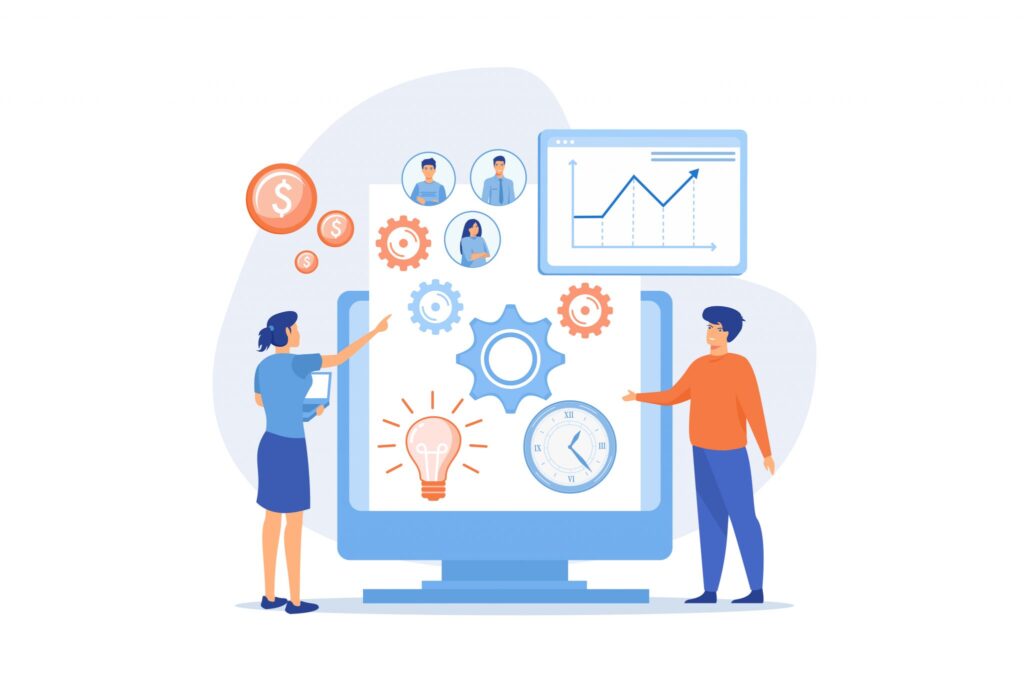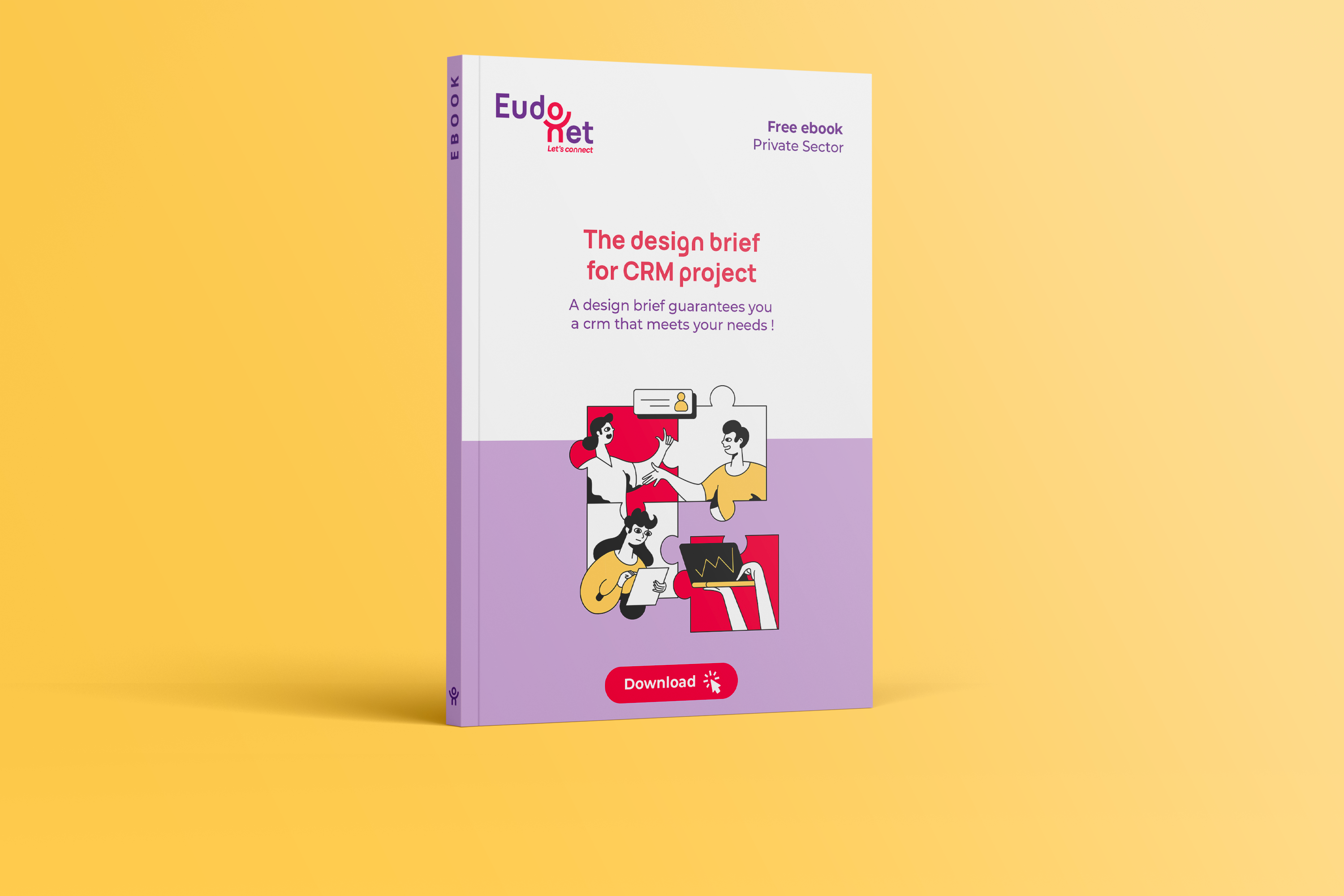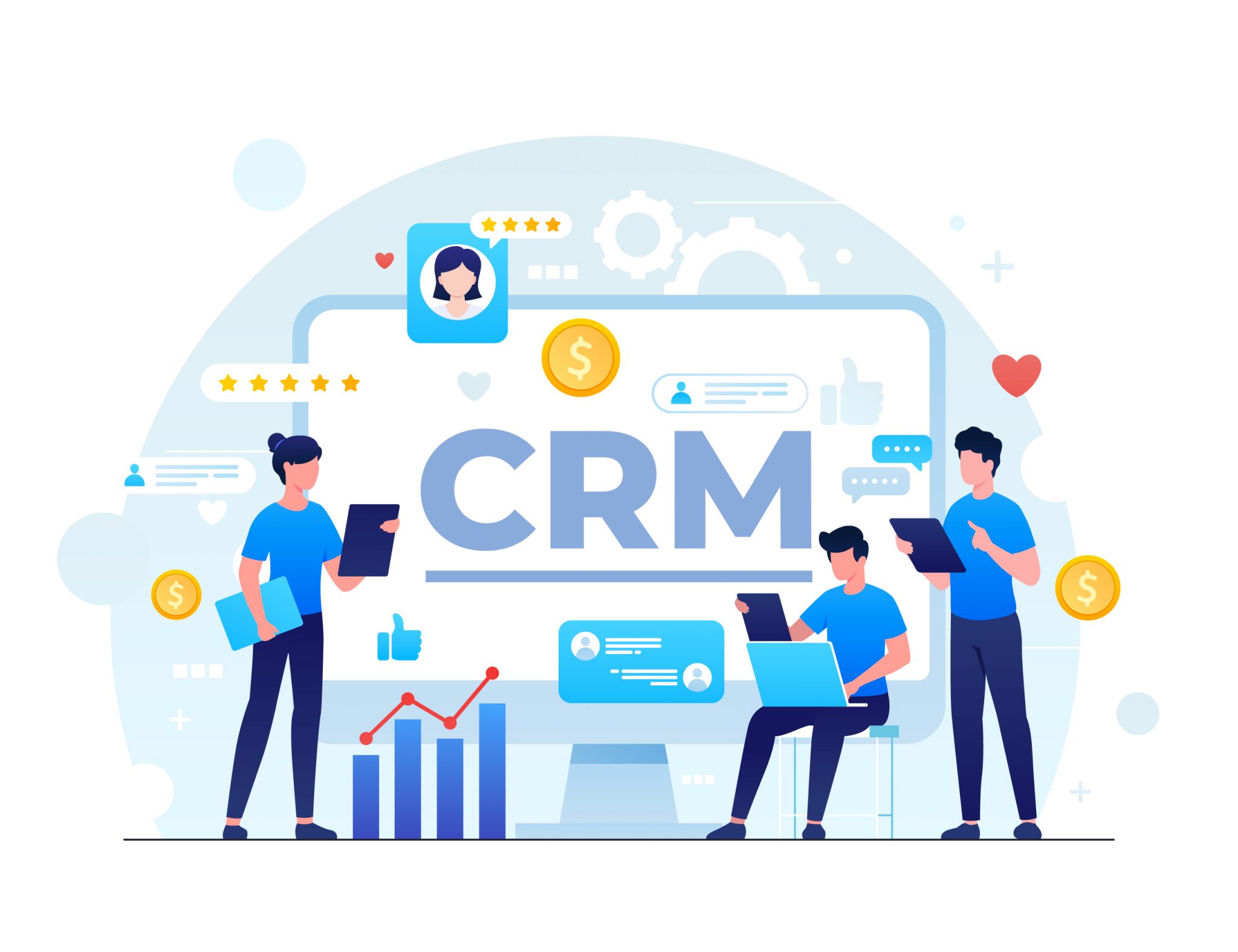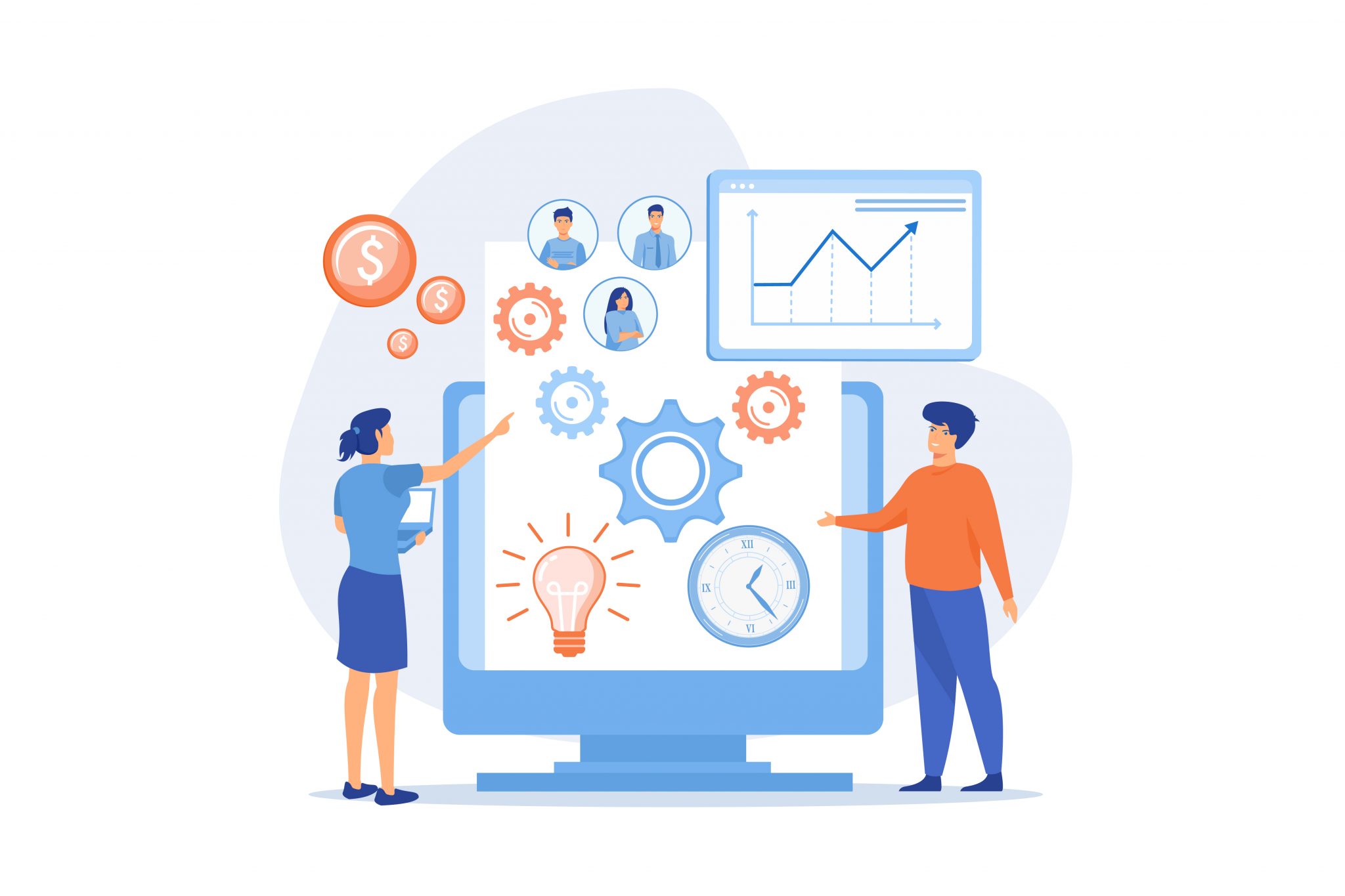Using commercial management software is crucial for your business success. CRM solutions, traditionally associated with customer relationship management, are increasingly emerging as versatile and powerful tools, ideal for streamlining operational efficiency, driving growth, and delivering a remarkable customer experience.
CRM Software : overview
CRM software, or Customer Relationship Management, is a solution designed to help businesses manage their relationships with customers. It centralizes and organizes customer data, such as contact information, purchase history, and interactions, to facilitate communication and collaboration between different sales and customer service teams.
CRM software also enables tracking of prospects, managing marketing campaigns, monitoring sales opportunities, and generating reports and analyses to improve sales performance.
To sum up, CRM software is an essential tool for optimizing customer relationship management and improving the efficiency of commercial activities.
Utility of CRM for Commercial Management
A Customer Relationship Management (CRM) system is essential for commercial management as it provides a centralized platform to track, manage, and analyse all interactions with customers and prospects. By allowing sales teams to have an overview of customer activities and needs, CRM improves sales efficiency and productivity.
Through consolidating customer data, it also facilitates personalized interactions, fostering stronger and more enduring relationships with customers. Moreover, CRM provides powerful analytics tools to better understand market trends, identify sales opportunities, and optimize sales strategies.
Using CRM in commercial management contributes to increasing sales, retaining customers, and improving decision-making through better visibility and smart utilization of customer data.
Benefits of CRM for Commercial Management
Integrated Database Management
The essence of CRM lies in customer relationship management. As a commercial management software, CRM goes beyond just customer data collection by also integrating prospect management. This allows sales teams to track and manage the entire customer lifecycle.
To achieve this, it’s essential to structure data logically, using categories such as customer contacts, purchase history, preferences, past interactions, etc. Additionally, data quality must be constantly monitored and maintained by eliminating duplicates, updating obsolete information and ensuring record accuracy.
Data security is also a crucial aspect of database management in CRM. Robust security measures must be implemented to protect sensitive customer information, such as personal data and financial details, from unauthorized access and privacy breaches.
For example, Eudonet CRM solution for businesses centralizes data related to customer and prospect interactions, providing a comprehensive view of commercial relationships. Teams can track all stages from initial prospecting to conversion into customers, enabling seamless transition between different phases.
Managing Product and Service Catalogue
Managing your product and service catalogue through a CRM solution offers a dynamic approach for businesses seeking to optimize their offerings. By centralizing information about your services and products within a unified platform, you empower your teams with a comprehensive and consolidated view. Efficient commercial management software not only enables real-time updates but also ensures information relevance, enhancing your company’s credibility.
In addition, personalized offerings based on customer data analysis, enhance user experience and promote customer loyalty. This simplifies transaction management and reduces the time needed to convert prospects into customers. This strategic approach to catalogue management, combined with the analytical features of a CRM solution, allows to evaluate the performance of each product or service, identify key elements, and adjust offerings.
Automating Commercial Processes
CRM solutions, as commercial management software, also simplify and automate commercial processes. They are fundamental for increasing operational efficiency in your business. By leveraging the automated features of a CRM solution, repetitive and time-consuming tasks like data entry, lead management, and sales opportunity tracking can be simplified. This automation frees up valuable time for sales teams while ensuring increased accuracy in the process.
The added value of automating commercial processes extends beyond task simplification. It also optimizes the sales cycle, managing it seamlessly. Scheduled reminders, customized workflows, and automated responses accelerate the overall process. A CRM solution as commercial management software positions itself as a true productivity engine, enhancing your company’s ability to remain competitive in its market.
Inventory and stock management are integral parts of the sales process. It enables sales teams to instantly check product availability during customer interactions. By analysing sales trends and adjusting inventory levels accordingly, your company maximizes supply chain efficiency. This is essential for aligning offerings with actual demand, improving customer satisfaction, and contributing to overall business profitability.
Synchronising product information, stock levels, orders, etc., using a CRM solution as commercial management software ensures optimal inventory and stock management. This provides real-time visibility into inventory levels, product movements, or demand forecasts. A good way to avoid overstocking while ensuring product availability.
CRM for Sales Tracking and Reporting
Among the essential features of commercial management software are sales tracking, reporting, and forecasting. A CRM solution offers real-time visibility into the entire sales process, from quotation to invoicing. Sales teams track each interaction, analyse purchasing behaviours, and adjust strategies based on emerging trends. Tracking features allows to evaluate the progress of opportunities, identifying challenges, and acting proactively.
With a CRM solution, sales forecasting relies on advanced analysis of historical and current data. Teams can anticipate sales trends and estimate future performances. This provides sales managers with the strategic vision necessary for decision-making and resource planning. It is a powerful lever for developing accurate forecasts and maximizing the profitability of each opportunity.
To evaluate your strategy, it is also crucial to use commercial management software that allows analysis of your key performance indicators: revenue generated, invoices sent, payments made, opportunities, forecast signatures, etc. A CRM solution like Eudonet allows easy identification and interpretation of all these KPIs through customizable dashboards.
By consolidating customer data, purchase histories, and interaction information, CRM offers valuable insights into purchasing behaviours. Analytical features also help identify the most profitable products or services and the most effective sales channels. An essential analysis for adjusting your sales strategy, targeting the most promising customer segments, and maximizing your return on investment.
Enhance Your Communication
Integrated management provides a 360° view of the customer as well as all associated activities, promoting a more personalized approach to interactions. This allows sales teams to better understand individual preferences, purchase histories, and specific needs.
As a result, they can adjust their strategies and tactics to offer a tailored experience that precisely meets each client’s expectations and requirements. With this comprehensive view, your company can strengthen customer relationships, improve loyalty, and boost overall customer satisfaction.
CRM Facilitates Collaboration
Integrating a CRM solution into commercial processes fosters collaborative dynamics within teams by facilitating instant sharing of information and updates.
This ability to exchange data in real-time ensures efficient synchronization among all members of the sales team, which is fundamental for maintaining optimal consistency and service quality.
With increased collaboration, teams can work more harmoniously, coordinating their efforts to effectively and consistently meet customer needs, thereby enhancing customer satisfaction and the company’s reputation.
CRM Integration with Other Tools
Modern CRM solutions often allow integrations with other essential tools for commercial management. For example, with Eudonet, you can invoice directly from the CRM (automatic numbering, multi-company…), record payments, even partial ones, schedule reminders, and manage credits. All this is possible by interfacing Eudonet with accounting software such as Sage, EBP, or Cegid. This interconnectivity ensures data synchronization and a seamless user experience.
How to Choose the Right CRM Software
To choose a CRM tailored to your needs, it is essential to clearly define business objectives, evaluate necessary features such as sales, marketing, and customer service management, consider user interface friendliness, flexibility, and compatibility with existing systems, as well as consider the total cost of ownership and customer support and maintenance provided by the provider. By doing so, you can choose a CRM that effectively meets the specific needs of your company.
Contact our experts for a CRM demo!
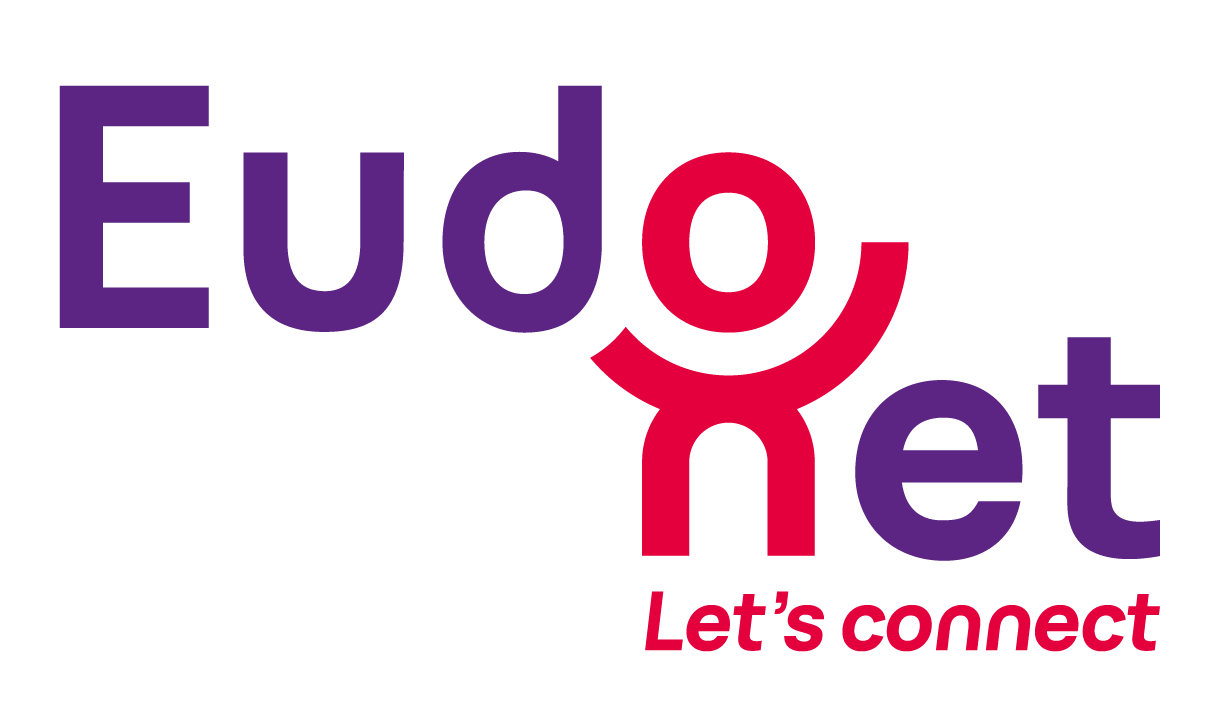
 By Marc Thévenin
By Marc Thévenin 